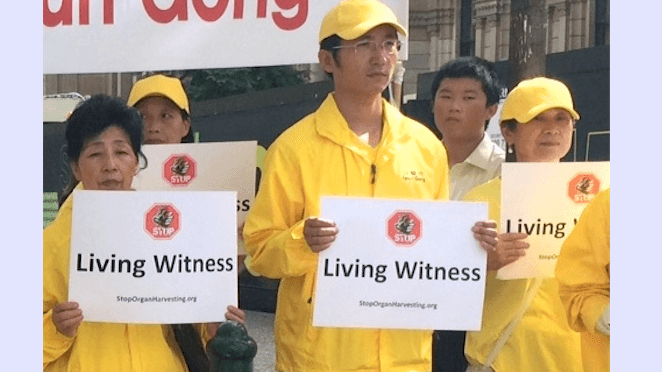The Philippines’ controversial President Rodrigo Duterte has been criticized for his violent campaign against crime, but it is the former mayor’s foreign policy overhaul that is shifting tides in the South China Sea.
On Oct. 20, Duterte made explicit a threat he has been brandishing for months: that he would break a historical alliance with the United States and align his country with China and Russia.
Ties with the United States became strained after Duterte unleashed a bloodbath in the Philippines by encouraging police to kill drug dealers. The campaign drew criticism from the Western world—which Duterte met with defiance and a pledge to turn towards Russia and China.
During his first 100 days in office, Duterte halted joint U.S.–Philippines patrols, demanded that U.S. Special Forces leave the region, and threatened to end a decades-old alliance with the United States.
He has also dared the United States and the European Union to stop providing aid, saying he could go to Russia and China for arms and development funds. Duterte surprised observers Oct. 19 by pleading for aid in a rash of interviews with Chinese state-owned media during his trip.
Speaking in the Great Hall of the People in Beijing on Oct. 20, Duterte made his position official.
“I announce my separation from the United States,” Duterte told an audience of Chinese and Philippine business people that included Chinese Vice Premier Zhang Gaoli.
“I’ve realigned myself in your ideological flow and maybe I will also go to Russia to talk to [President Vladimir] Putin and tell him that there are three of us against the world—China, Philippines, and Russia. It’s the only way,” Duterte said, according to Reuters.
The announcement was a culmination of a trip to China that saw the hosts giving a warm welcome, while Duterte made a concerted plea for support. China had previously voiced support for Duterte’s war on drugs.





